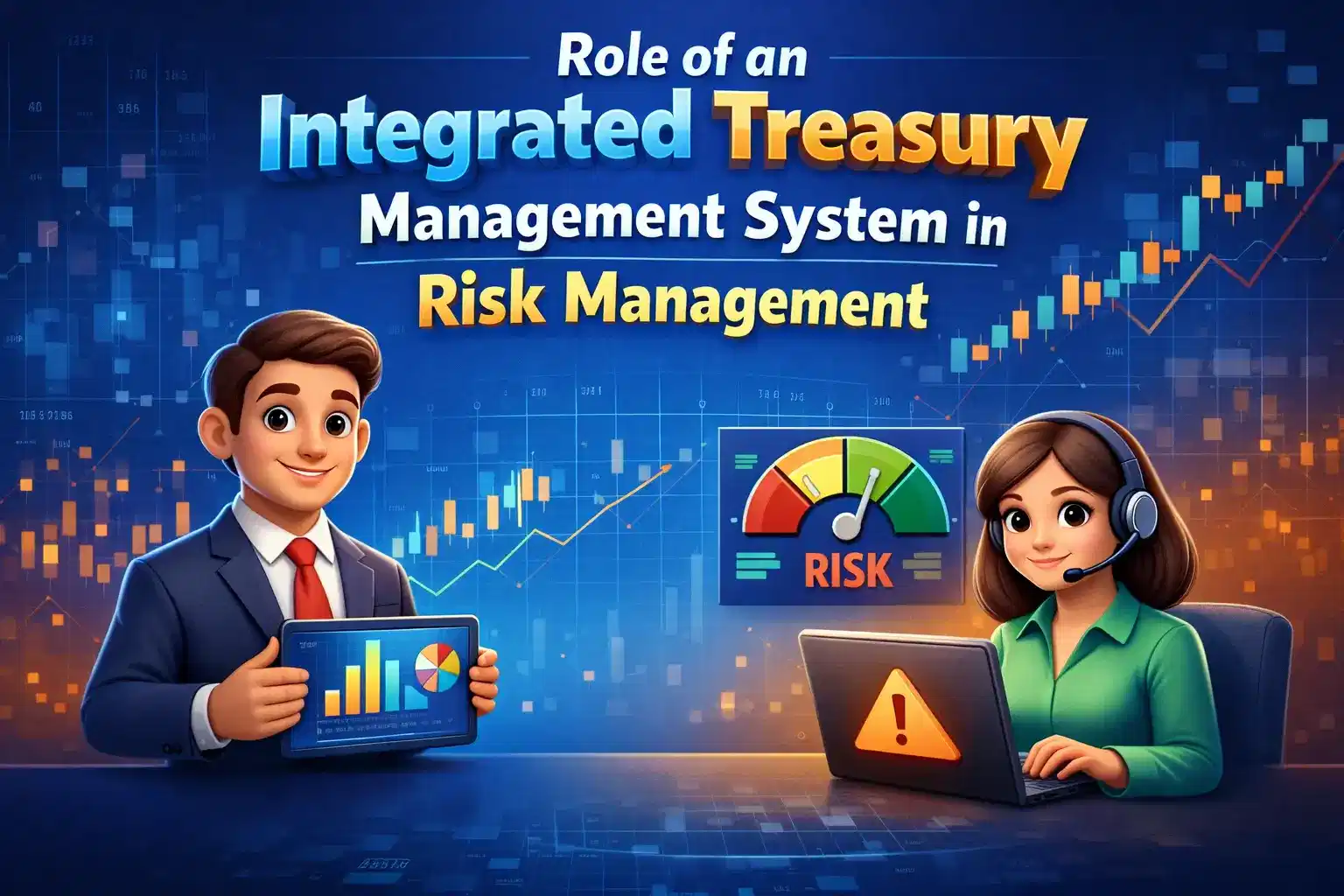The Future of Automation in Finance: Trends and Predictions
As the financial world changes, we wonder: what's the future of automation in finance? Automation is changing fast, thanks to new tech. It's set to be a big part of the financial world's future. A survey showed that finance pros need to work with both humans and machines to be strategic.

Automation tech like RPA and AI is getting more common in finance. It's key to understanding the future of finance automation. Knowing the trends and predictions is vital for finance's future.
Key Takeaways
- Automation technology is transforming the financial industry, driving the future of automation in finance.
- Finance professionals need to balance human and machine-based competencies to elevate their role as strategic business partners, utilizing automation technology and financial industry automation.
- The use of automation technology, such as RPA and AI, is becoming increasingly prevalent in the financial industry, shaping the future of automation in finance.
- Automation is expected to play a significant role in shaping the financial landscape of tomorrow, particularl
- The future of automation in finance will be driven by technological advancements, including automation technology and financial industry automation.
- Understanding the current trends and predictions is essential to navigating the evolving financial industry, including the impact of automation technology on financial industry automation.
The Current Trend of Automation in Financial Services
The financial world is changing fast with more use of machine learning and AI. This shift aims to make things more efficient, cut costs, and improve how customers are treated. About 48% of companies are now automating tasks, and 88% of finance teams are moving faster with AI and automation.
Automation in finance is growing, with big players putting a lot of money into new solutions. The market is getting bigger, showing more use of tech in finance. New tech like natural language processing and predictive analytics are also helping automation grow.
- Automated transaction processing and reconciliation
- AI-powered chatbots for customer support
- Machine learning-based predictive analytics for risk management and fraud detection
These changes will keep going, with more tasks like processing and fraud detection being automated. This is expected to cut costs for banks and financial services by 2025.
Understanding the Future of Automation in Finance
The future of finance automation looks bright with more use of RPA and AI. Tasks like accounts payable and accounts receivable will see more automation. Data shows 42 percent of finance tasks can be fully automated now, and 19 percent can be mostly automated.
Automation in finance brings many benefits. These include:
- Increased efficiency and productivity
- Improved accuracy and reduced errors
- Enhanced customer experience
- Cost savings and reduced labor costs
A global financial company expects to save 35 percent through automation in two years. The fintech industry is set to grow by 100% by 2024. This growth will push for more automation in finance.
As finance evolves, keeping up with automation trends is key. By adopting automation, financial institutions can make their operations smoother. They can also offer better services to their customers.
The Role of Artificial Intelligence in Financial Operations
Artificial intelligence (AI) is changing the financial world. It makes operations more efficient and helps in making better decisions. About 50% to 60% of companies now use AI, thanks to McKinsey.
This growth is because people want more personalized services. They also want better forecasting and a better customer experience.
Machine learning in finance is a big deal. It helps banks and financial institutions analyze big data. This way, they can spot patterns and make smart choices.
For example, AI helps CFOs give deeper insights. They can predict market trends and understand customer behavior better. Robotic process automation in banking also helps. It makes tasks more efficient, reduces errors, and boosts productivity.

Key Applications of AI in Finance
- Predictive analytics and decision-making
- Machine learning applications, such as anomaly detection and predictive modeling
- Natural language processing (NLP) for analyzing and interpreting financial data
By 2025, 70% of companies will use AI and other technologies. AI is changing the financial world. Financial institutions need to invest in AI to improve compliance, reporting, and customer service.
Also Read: Future of financial sector: AI, IoT, and Data-Driven Insights
Robotic Process Automation: Transforming Banking Operations
Robotic process automation is changing banking forever. It automates boring tasks, making banks more efficient and accurate. This also helps them follow rules better.
Banks can now work all day, every day. Bots help them do this, making things faster and more reliable.
The benefits of using robots in banking are huge. Some of the main advantages are:
- Cost savings: Up to 40% less money spent on manual work and fixing mistakes
- Error reduction: Up to 90% fewer mistakes in data entry and transactions
- Increased efficiency: Up to 50% faster for things like loan applications and opening accounts
- Improved compliance: Better following of rules, which can lower the risk of fines
The banking world is always changing, and so is the use of robots. The global RPA market is set to hit over $13 billion by 2030. Banks are spending a lot on automation to keep up.
Blockchain and Smart Contracts in Financial Automation
Blockchain and smart contracts are changing the financial world. They make transactions safe, clear, and fast. This change is part of a bigger shift towards automated finance, aiming to make things better and cut out middlemen.
Recent studies show that smart contracts and AI together can make transactions better and remove middlemen. This is a big deal for the financial industry.
Blockchain and smart contracts also boost security and follow rules better. They use things like data encryption and access controls. Some main benefits include:
- Increased data quality by 50%, as predicted by Gartner
- Reduced transaction time to minutes, compared to traditional methods
- Decreased monitoring and enforcement costs
DeFi platforms, powered by smart contracts, are getting more popular. By 2023, they had over 100 million users. This growth shows how blockchain and smart contracts are changing finance.
As finance keeps evolving, we'll see more blockchain and smart contracts. They will help make finance automated and drive digital change.
Also Read: Expert Comment: How Has Blockchain Revolutionised The Finance Industry?
Impact on Traditional Financial Jobs and Workforce
The future of finance is changing fast, with new roles and skills needed. Finance experts must now give deeper insights to businesses. They need to know about data analytics and machine learning.
Automation is making humans and machines work together better. This teamwork helps make smarter financial choices.
Studies show that about 30% of banking jobs might be automated by 2030. Also, 85% of financial firms are using or planning to use AI tools. This change means more focus on skills like data analysis.
There's a growing need for people who know both tech and finance. Roles like "storyteller" for financial info are becoming key.
- Developing new skills to stay relevant in their field, with 87% of finance professionals believing they need to develop new skills
- Gaining experience in IT, marketing analytics, and other areas outside traditional finance
- Updating roles and job descriptions to reflect the evolving nature of work in the digital finance landscape
The financial world is changing, and automation is leading the way. Finance pros need to keep up and learn new skills. This will help them stay important in their field.
Challenges and Risks in Finance Automation
The financial industry is moving fast towards automation and digital change. But, there are big challenges and risks. Cybersecurity is a major worry because automated systems can get hacked. Also, digital tools like cloud computing and blockchain can fail or get breached.
Some big risks in finance automation include:
- Cybersecurity threats and data breaches
- System failures and downtime
- Loss of human interaction and job satisfaction
- Initial investment costs for automation
Even with these risks, many banks and financial companies are going for automation. They want to work better and save money. Automation can cut down time by up to 90% and labor costs by about 30%.
Financial institutions need to know about these risks to use automation safely and well. This way, they can make the most of new technology.
Also Read: Navigating the Future: Emerging Technologies Reshaping Global Finance
Investment Opportunities in Financial Technology
The financial world is changing fast, and tech investments are getting more appealing. The fintech market is set to grow by 100% by 2024. This growth is thanks to tech like artificial intelligence and blockchain.
More people are using digital payments and online banking. A big 53% of Americans think cryptocurrency is the future. Even though rules are changing, the IMF says digital money, like cryptocurrencies, is here to stay. So, companies are spending big to update their services and systems.
Venture Capital Trends
More investors are eyeing fintech startups for big gains. They're focusing on:
- Blockchain for quick smart contracts and fewer middlemen
- Artificial intelligence and machine learning for better data and efficiency
- Automated finance for lower costs and better rules following
Emerging Markets and Sectors
New areas like cryptocurrency and open banking are drawing in investors. Online exchanges for crypto are expected to grow as interest does. Open banking will give banks deeper insights into customers, leading to more tailored services.
Conclusion: Shaping the Financial Landscape of Tomorrow
Looking ahead, the future of automation in finance is set to change the game. With automation technology like Robotic Process Automation (RPA) and Artificial Intelligence (AI), finance is getting a major upgrade. These tools automate simple tasks and analyze data better, making finance work more efficient and accurate.
Generative AI is a game-changer for banking. A 2024 report by McKinsey Global Institute (MGI) says it could add $200 billion to $340 billion in value each year. AI helps with risk assessment, customer service, and following rules, all key in today's markets.
While change can be tough, the benefits of automation in finance are clear. By adopting these technologies, banks can thrive in the future. Automation will play a big role in shaping the financial landscape of tomorrow.
Also Read: The Future of Financial Operations: Trends and Technologies to Watch
FAQs
What are the current trends in automation in the financial services industry?
Automation in finance is growing fast, thanks to machine learning and AI. Big names like Deloitte and PwC are leading the way. They're making new tools to help automate tasks.
Technologies like natural language processing and predictive analytics are also playing a big role. These advancements are making finance more efficient and accurate.
How is the role of artificial intelligence (AI) evolving in financial operations?
AI is changing finance in big ways. It's helping with tasks like spotting unusual patterns and making predictions. This makes financial decisions better.
Natural language processing is also helping to understand financial data. AI and machine learning are set to keep growing in finance, making things more automated.
How is robotic process automation (RPA) transforming banking operations?
RPA is making banking better by automating simple tasks. It's making banking operations more efficient and accurate. This includes things like handling money and checking accounts.
It also helps reduce mistakes and keeps banking in line with rules. As banking changes, RPA will play a bigger role.
What is the role of blockchain and smart contracts in financial automation?
Blockchain and smart contracts are key in finance now. They're part of a bigger trend called decentralized finance. This is making finance more secure and transparent.
They're being used for things like managing supply chains and handling trades. As finance evolves, blockchain and smart contracts will become even more important.
How is the impact of automation on traditional financial jobs and the workforce?
Automation is changing jobs in finance. New skills like data analysis and machine learning are needed. Humans and machines are working together more.
This is making finance better. As finance keeps changing, the focus will be on skills like data analysis.
What are the challenges and risks in finance automation?
Automation in finance comes with big challenges and risks. Cybersecurity is a major worry. Automated processes can be hacked.
Using new tech like cloud computing and blockchain also brings risks. It's important to tackle these issues to keep finance safe and efficient.
What are the investment opportunities in financial technology?
There are many chances to invest in fintech. Venture capital is showing a lot of interest in fintech startups. New areas like blockchain and AI are also attracting investors.
It's key to carefully look at risks and do thorough research. As finance keeps changing, investing in tech will become even more appealing.
Contact us now










